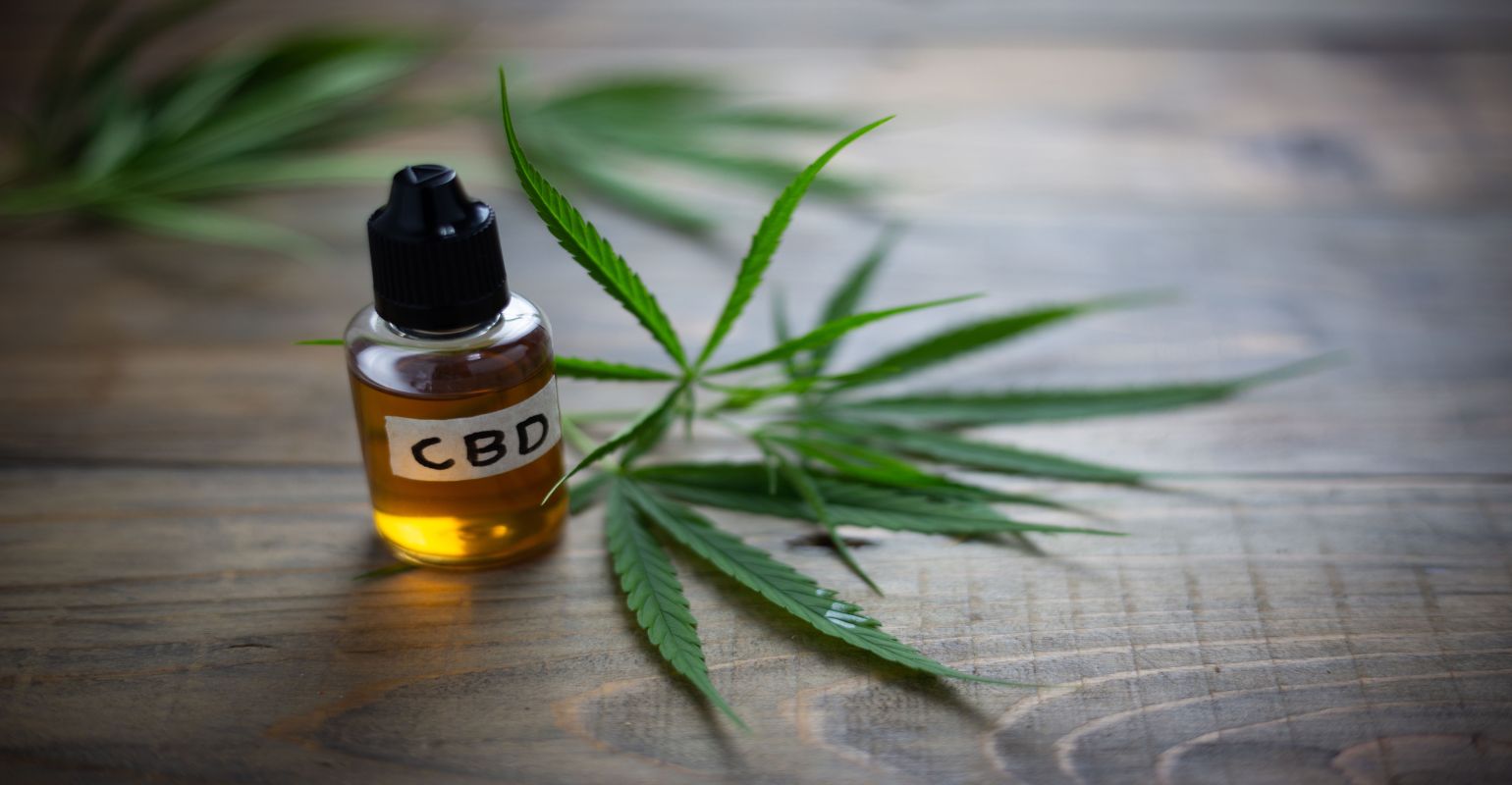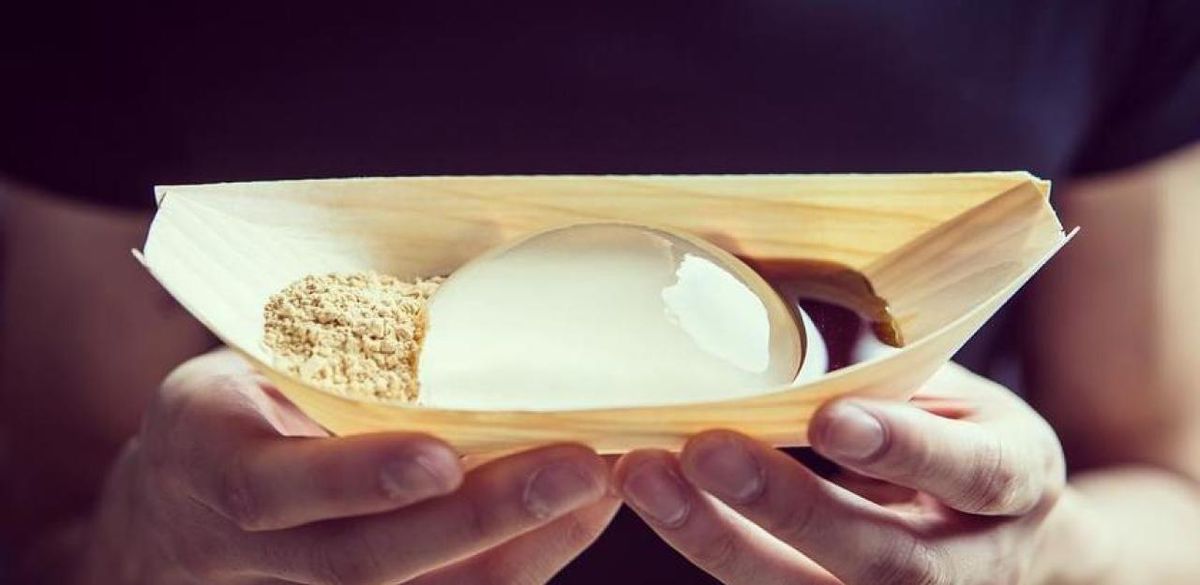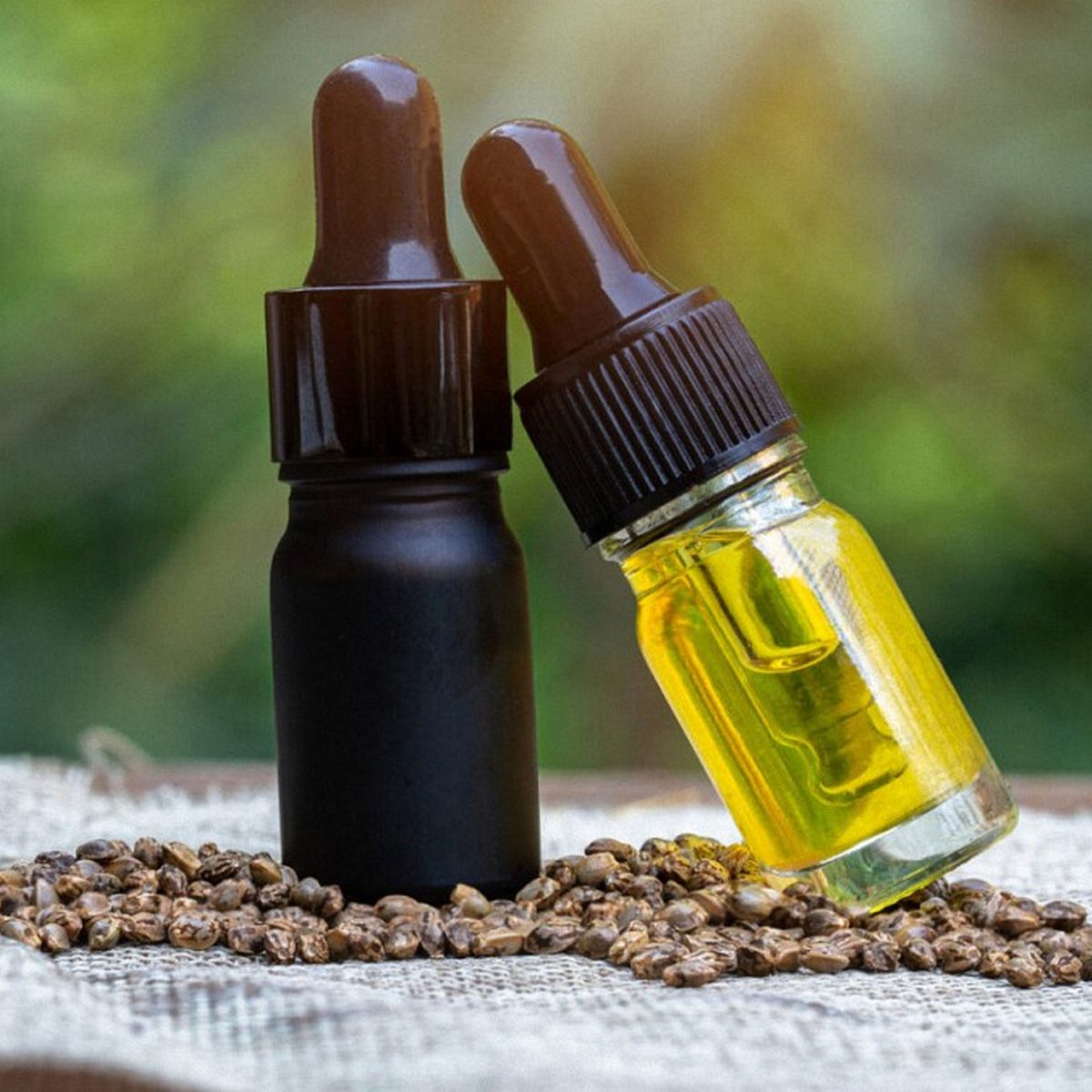
Hemp is an industrial form of cannabis. It is used in a variety of ways, including for food, fiber, and medicine. Although hemp has been used in the United States for thousands of years, cultivation was banned between 1937 and 2013. Recently, however, laws have been changed. In 2018, hemp was legalized in all 50 states.
Hemp is not psychoactive, unlike marijuana. Hemp contains less than 0.3% THC. Marijuana contains much more THC. These plants are bred for more flowers and higher levels of THC. This is why marijuana is sometimes called the "weed".
Cannabis sativa's related species include hemp and marijuana, but hemp does not contain any psychoactive substances. Hemp has many uses, but it cannot be smoked to get high. The hemp stalk can be used as a fiber source for rope, paper, plastics and other uses.

Hemp can also processed to produce alcohol, fuel, silage, and other products. Since the hemp plant grows quickly, it is ideal for durable products. Some varieties of hemp can be used to produce essential resources for textile production.
Hemp is one of the fastest-growing plants on Earth. The seed is high in vitamins. Hemp oil is suitable for use in salad dressings, cold dishes, and other applications. Hemp oil also contains CBD, a nonpsychoactive cannabinoid, which is an important ingredient in hemp products. There are some indications that hemp and other compounds may have synergistic effects, which could lead to better therapeutic outcomes.
Hemp seeds are rich in protein, minerals, and both omega-3 and 6 fatty acids. They can be eaten raw or processed into oils or other derivatives. Hemp used to be a drug that was on the same level as heroin until recently. In December 2018, the Farm Bill widened its legal definition to cover industrial hemp. Hemp can now be grown by farmers for commercial purposes.
Although hemp is legal across all fifty states and territories, each state must develop its own program to cultivate hemp. Hemp is not yet under federal regulation so farmers cannot sell it between states. However, hemp can be sold to participants in the state's Hemp Pilot Program.

Cannabidiol or CBD is becoming more and more popular in America because of its healing properties. Harbor Hemp is among the companies that have started to manufacture CBD tinctures, as well pain creams. Canopy Growth was also successful in tapping into the market. It has reported sales of $73 million over the past 12 months.
The FDA has not received any reports of adverse events involving hemp products. However, the FDA has received reports from pets who have consumed cannabis. If you suspect your pet is consuming marijuana, visit Reporting Information about Animal Drugs and Devices.
Hemp can legally be grown in the United States. Farmers can apply for state cultivation licenses for hemp. Farmers are protected by the Federal Crop Insurance Act, which protects them from crop failure losses. Hemp farmers can still rely on their insurance for crop protection.
FAQ
Is CBD investing a smart investment?
This question will depend on your goals. They can be a great investment if it is money you are after. If however, you only want to invest in something that may help others, then no.
Which states consume the most CBD?
California, Colorado and Oregon are three of the most popular states. These states have large populations, high incomes, and low unemployment rates. These states also have higher hemp farms than the rest.
California leads because its economy relies heavily on agriculture. It produces most of the nation's vegetables and fruits. This makes sense since cannabis is derived from the same plant as hemp.
Oregon and Colorado are closely followed by Oregon, both of which produce marijuana for medical use. California does not allow for recreational use.
Other states that rank high include Washington, New York. Florida, Illinois. Pennsylvania. Mississippi.
Is CBD a good company to invest?
As hemp-based products gain popularity, so does the market. By 2022, the market for hemp-based products will reach $1 billion.
Market growth is expected to continue at a rate of more than 20% annually until 2020 when it will reach $2.5 billion.
Hemp oil is already used in many beauty and health care products such as lotions, shampoos, lip balms, moisturizers, body butter, and skin creams.
There are also several companies producing CBD-infused beverages, snacks, pet foods, dog treats, and other food items.
CBD is currently legal across all 50 states. But, this may change in the near future. CBD is legal in all 50 states, but more research will be conducted to determine its potential uses. Businesses will have an easier time operating legally.
With all these factors in mind it is clear that CBD investing can prove to be a lucrative venture.
Is CBD still a viable alternative?
The answer is yes. However, it is not because of its medical benefits. Its ability to make people feel better without feeling high is what makes it so attractive.
It doesn't make any difference to your feelings when you use it, making it an ideal alternative to prescription medication.
We know that cannabis can help with anxiety, depression, pain relief, insomnia, and other conditions, as evidenced by numerous studies.
Cannabinoids, also found in cannabis are thought to interact with our brain receptors. This interaction can produce feelings of relaxation, well-being, and even a sense of well-being.
Cannabidiol (CBD), oil can be used for health purposes. It's therefore important to fully understand its functions and effects.
Statistics
- The use of these products is likely to become even more widespread if the World Health Organization's recommendation that CBD no longer is scheduled in the international drug control conventions is adopted by the United Nations member states [201]. (ncbi.nlm.nih.gov)
- however, one study also found that these effects were virtually abolished when the original media (a nutrient broth agar) was replaced with one containing 5% blood (increasing the minimum concentration to ~160 μM CBD) [179]. (ncbi.nlm.nih.gov)
- A recent systematic review of human trials also reported that individuals with epilepsy receiving CBD (5–20 mg·kg−1·day−1) were more likely to experience decreased appetite than those receiving placebo (i.e., ~20 vs. 5% of patients) (ncbi.nlm.nih.gov)
- HR −16 mmHg; 95% CI −26, −6; I2 = 92%) (ncbi.nlm.nih.gov)
- As a substance that was federally illegal before the passage of the 2018 Farm Bill, hemp-derived cannabinoids with no more than 0.3% THC still face a regulatory grey area. (forbes.com)
External Links
How To
How to get certified for selling CBD products
One of many cannabinoids found within cannabis plants is CBD (cannabidiol). It has been used medicinally in many countries throughout history, including traditional Chinese medicine and India. The ability to treat conditions such anxiety, pains, epilepsy, and inflammation has made CBD products extremely popular in recent times. There is no formal certification program for CBD products. At least, not in the U.S. Anyone who wants to sell CBD products will have to use the "unofficial", self-certification process.
You have two options. First, join a local canna-business owner association. This will allow you to share your knowledge with others, as well as receive advice and support. There are currently many associations across the country. You can also go online and start your own business. Most states now allow canna-businesses to operate online. If you have the permission, you can start accepting orders and set up your website. However, registration is required with your state Department of Public Health. Once you have registered, your state's Department for Public Health will issue you a license. After you have received your license, your store is officially open and you can begin taking orders.